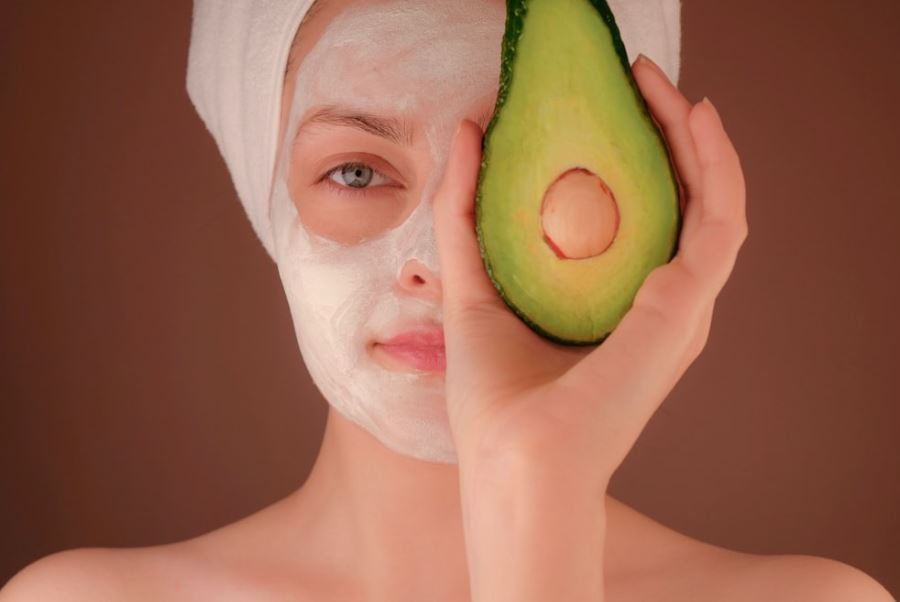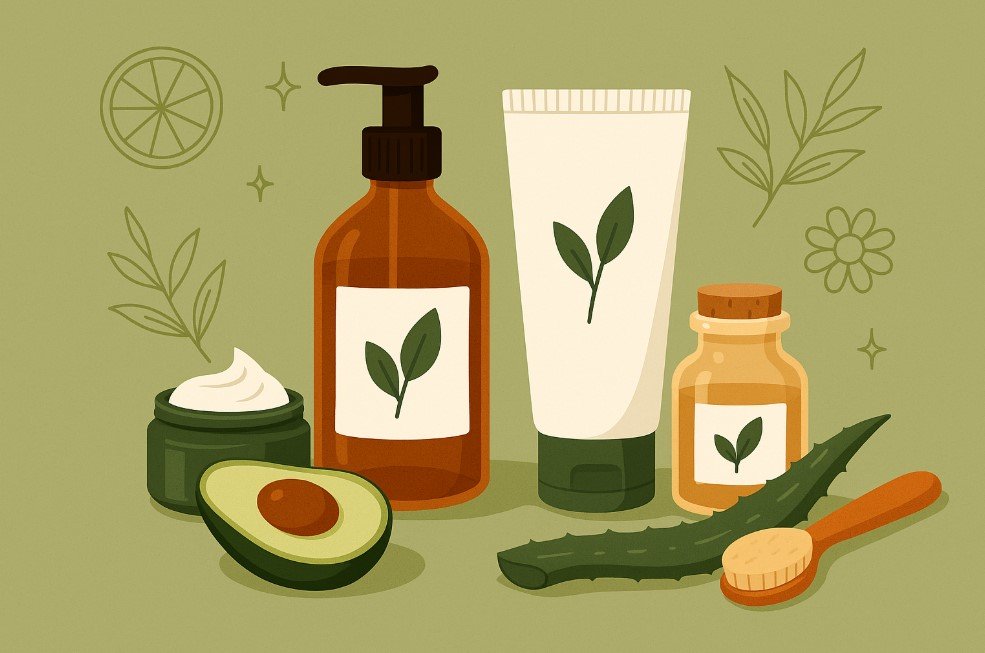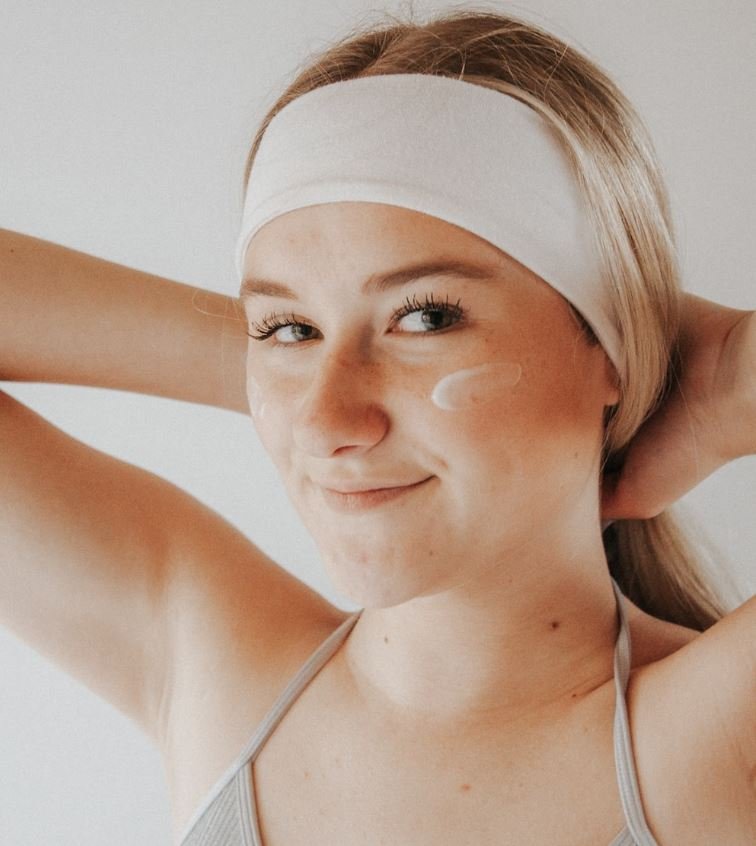
Importance of Winter Skincare
Winter can be hard on your face because of the cold weather, low humidity, and dry heat inside. During the colder months, you need to change your skin care practice to protect and nourish your skin. A good winter skincare routine keeps your skin from getting dry, flaky, and hot, keeping it healthy and looking good.
Winter Skincare Challenges
During the winter, the skin’s natural protection against dryness and irritation is broken. This can make your face more likely to get red, irritated, or even break out. When you combine the harsh weather outside with the dry air inside, you have the right storm for skin problems.
Read more: Green and Clear: An Eco-Friendly Skincare Routine for Acne-Prone Skin
Top Tips for Winter Skincare
Protect Your Skin From Cold Air
Wear gloves, scarves, and hats that cover your face and neck to protect your skin from the cold. Don’t stay in the cold for too long, and if the air inside is too dry, use a humidifier.

Moisturize Regularly
Apply a lotion that is rich and moisturizing right after you bathe or shower, while your skin is still damp. This helps keep the wetness in and keeps the skin from drying out. Don’t forget to put lotion on your hands and feet, which tend to get dry in the winter.

Choose the Right Skincare Products
Choose cleaners that are gentle and don’t have any scents. These won’t take away your skin’s natural oils. Look for moisturizers with hyaluronic acid, glycerin, and ceramides. These chemicals hydrate the skin without clogging pores.

Exfoliate Gently
Once or twice a week, you should exfoliate your skin to get rid of dead skin cells and speed up cell turnover. But stay away from harsh scrubs and chemicals that could hurt your face in the winter. Instead, use items that are easy on your skin or a soft washcloth to remove dead skin.
Read more: Nature’s Balance: Natural and Organic Makeup Products for Oily Skin
Winter Skincare Home Remedies
Avocado Mask
Mix a tablespoon of honey with half of an avocado that has been mashed. Put the mixture on your face, wait 15 to 20 minutes, and then wash it off with warm water. The fatty acids in the avocado help to keep your skin healthy, and the honey has antibacterial and moisturizing qualities.

Olive Oil Treatment
Olive oil is full of vitamins and good fats, which make it a great natural way to moisturize dry skin. Apply a small bit of olive oil to your face or any dry spots, leave it on for 20–30 minutes, and then wash it off with lukewarm water.

Milk and Honey Bath
To a warm bath, add two cups of whole milk and half a cup of honey. Soak for 15 to 20 minutes to make your skin soft and moisturized. The lactic acid in milk helps to exfoliate and brighten your skin, while honey keeps your skin moist and fights germs.

Coconut Oil for Dry Skin
Because it has fatty acids and antioxidants, coconut oil can be used in many ways to treat dry skin. Apply coconut oil to your face after you take a bath or whenever you need to. Make sure to do a patch test first, because some people may be sensitive to coconut oil or break out from it.

Lifestyle Changes for Healthier Winter Skin
Stay Hydrated
Drink a lot of water throughout the day to keep your face hydrated from the inside out. Consider buying a reusable water bottle so you can keep track of how much water you drink and make sure you’re getting the amount you need every day.

Eat a Balanced Diet
To keep your skin healthy, eat foods that are high in omega-3 fatty acids, vitamins, and minerals. Fish with a lot of fat, nuts, seeds, fruits, veggies, and whole grains are all good examples.

Get Enough Sleep
Getting enough sleep is important for your whole health, including the health of your face. Aim for at least 7-8 hours of sleep each night so that your body can repair and renew your face.

Conclusion
Skincare doesn’t have to be hard in the winter. By using these tips and home treatments, you can keep your skin moist, healthy, and glowing during the cold months. To keep your skin healthy, remember to protect it from hard conditions, moisturize it often, choose gentle skin care products, and make changes to your lifestyle.
Frequently Asked Questions
1. Can I use the same skincare routine in winter as I do in summer?
No, you should change your skincare practice with the seasons. During the winter, you’ll need to drink more water and cover up because the air is cold and dry. During the warmer months, choose moisturizers with more oil and exfoliants that aren’t as harsh.
2. How often should I moisturize my skin in winter?
Moisturize your skin right after you take a bath or shower and as often as you need to throughout the day. Hands and feet are more likely to get dry in the winter, so pay extra attention to them.
3. Can I still use sunscreen in winter?
Yes, you should always wear sunscreen with at least an SPF 30 rating, as the sun’s UV rays can still cause damage even on cold or cloudy days.
4. How can I exfoliate my skin without causing irritation during winter?
Choose products that are gentle, like enzyme-based exfoliants or gentle scrubs, and wash your face with a soft towel to keep your skin from getting irritated.
5. Are there any foods I should avoid during winter to maintain healthy skin?
Try not to eat too many processed foods, sugary snacks, or alcoholic drinks, as these can cause inflammation and make skin problems worse. Instead, try to eat a well-balanced diet that is full of nutrients that are good for your face.
Based on: wellhealthorganic.com:winter-skin-care-tips-home-remedies-to-keep-your-skin-moisturised
Read more: Gentle Rejuvenation: Anti-Aging Skincare Routine for Sensitive Skin













